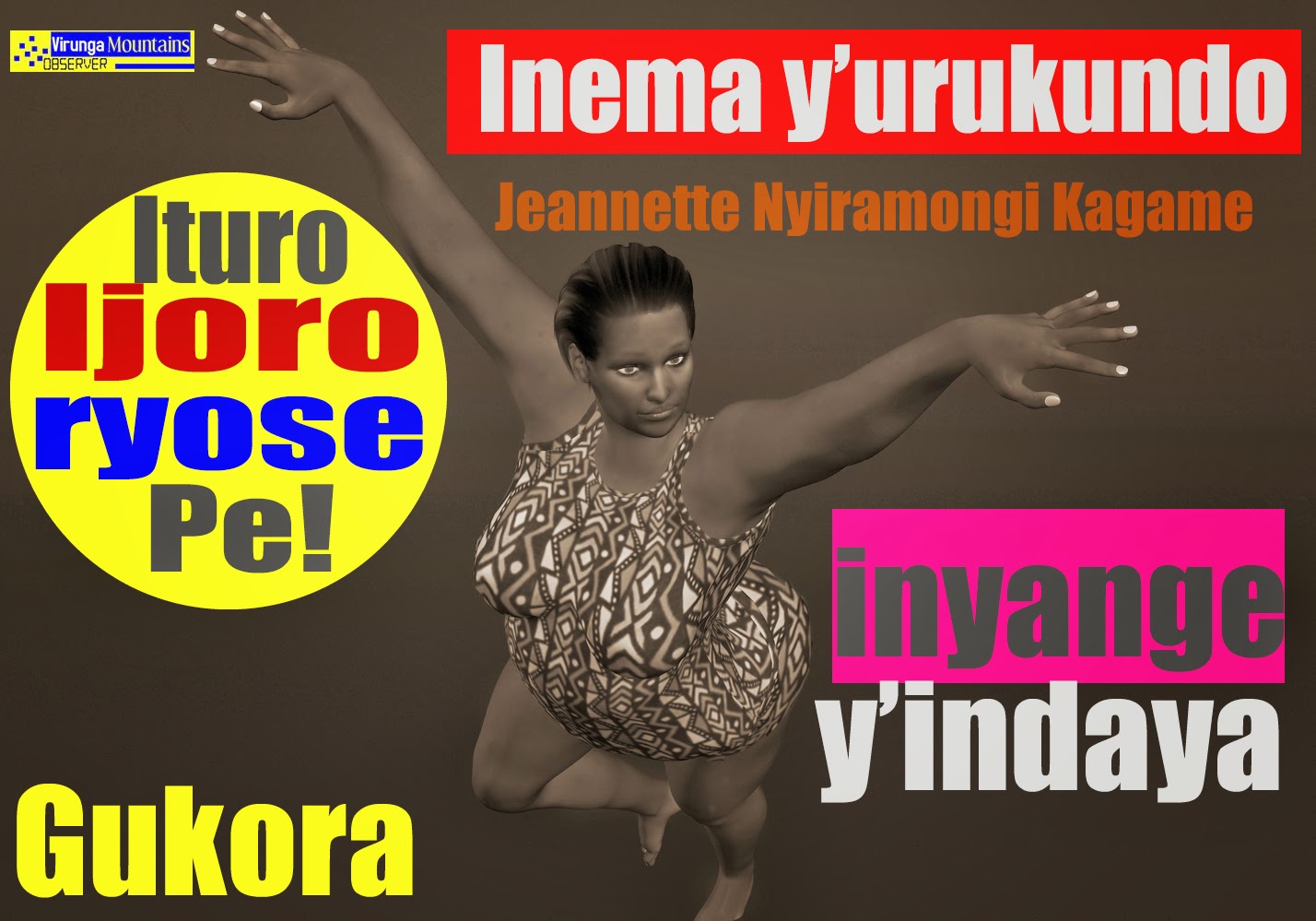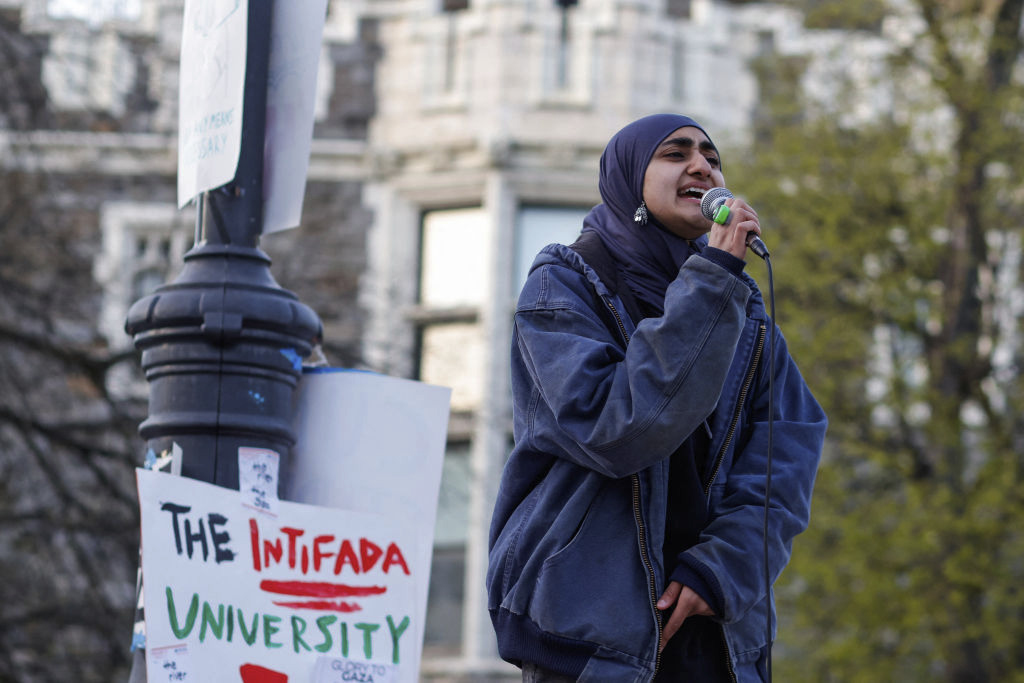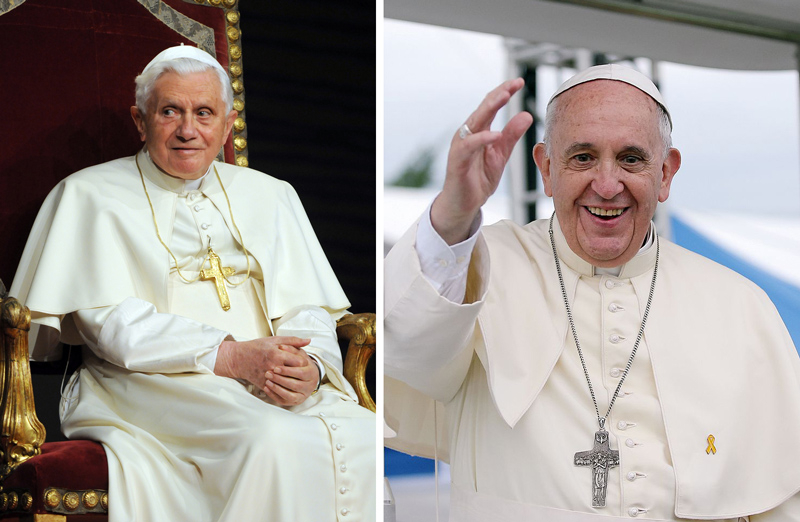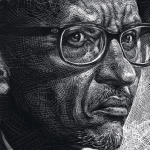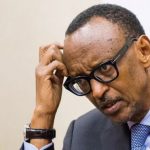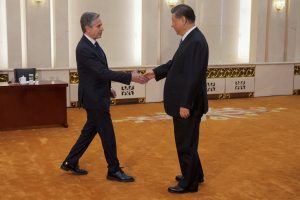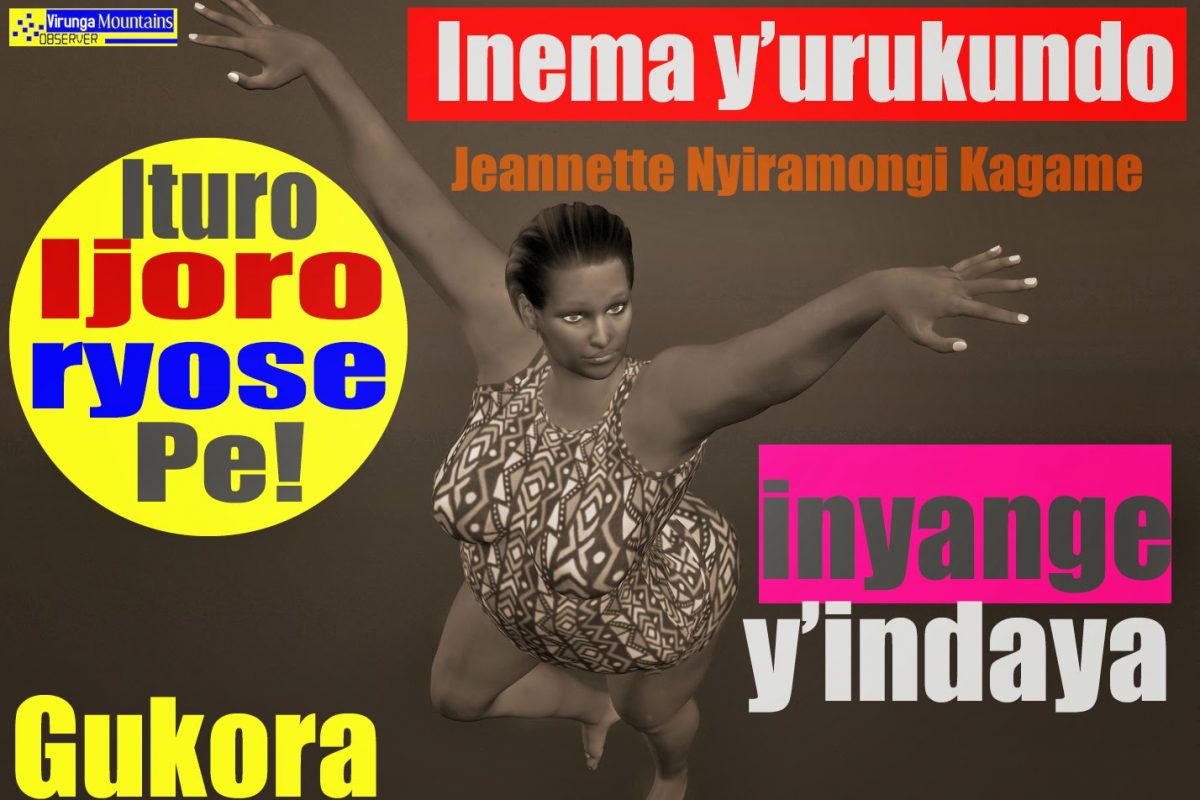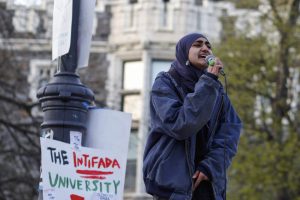To scroll the list of Pope Francis’s apostolic trips — Brazil, South Korea, Albania, Turkey, Sri Lanka, Ecuador, Cuba, United States, Mexico, Kenya, Uganda, Philippines — one could say that Europe is not exactly at the top of his agenda.
The two previous pontiffs both fought for the cradle of Christendom. Pope John Paul II took on Communism by toppling the Berlin Wall and the Iron Curtain. Benedict XVI took on “the dictatorship of relativism” (the belief that truth is in the eye of the beholder) and bet everything on re-evangelizing the continent by traveling through it (he visited Spain three times) and in speeches such as the magnificent ones at Regensburg, where he spoke bluntly about the threat of Islam, and the German Bundestag, where he warned the gathered politicians against declining religiosity and “sacrificing their own ideals for the sake of power.”
Pope Francis, on the contrary, simply ignores Europe, as if he already considers it lost. This former Argentinian Cardinal, a representative of the “global South” Christianity, made spectacular trips to the migrants’ islands of Lampedusa (Italy) and Lesbos (Greece), but never to the heart of the old continent. Pope Francis has also made it difficult for Anglicans to enter into the Catholic Church, by downplaying the dialogue with them.
Most importantly, however, in his important May 6 speech for the Charlemagne Prize, the Pope, in front of European leaders, castigated Europe on migrants and asked its leaders to be more generous with them. He next introduced something revolutionary into the debate: “The identity of Europe is, and always has been, a multicultural identity,” he said. This idea is questionable.
Multiculturalism is a specific policy formulated in the 1970s. and it was absent from the political vocabulary of Schuman and Adenauer, two of Europe’s founding fathers. Now it has been invoked by the Pope, who spoke of the need for a new synthesis. What is this all about?
Today, Christianity appears marginal and irrelevant in Europe. The religion faces an Islamic demographic and ideological challenge, while the post-Auschwitz remnants of Jewish communities are fleeing from the new anti-Semitism. Under these conditions, a synthesis between the old continent and Islam would be a surrender of Europe’s claim to the future.
“Multiculturalism” is the mosque standing on the ruins of the church. It is not the synthesis requested by the Pope. It is the road to becoming extinct.
Asking Europe to be “multicultural” while it is experiencing a dramatic de-Christianization is also extremely risky. In Germany, a new report just found that “Germany has become demographically a multi-religious country.” In the UK, a major inquiry recently declared that “Britain is no longer a Christian country.” In France, Islam is also overtaking Christianity as the dominant religion. You find the same trend everywhere, from Protestant Scandinavia to Catholic Belgium. That is why Pope Benedict was convinced that Europe needed to “re-evangelized.” Pope Francis does not even try to re-evangelize or reconquer Europe. Instead, he seems deeply to believe that the future of Christianity is in the Philippines, Brazil and Africa.
Probably for the same reason, the Pope is spending less time denouncing the terrible fate of Christians in the Middle East. Sandro Magister, Italy’s most important Vatican observer, sheds light on the Pope’s silences:
“He remained silent on the hundreds of Nigerian schoolgirls abducted by Boko Haram. He remained silent on the young Sudanese mother Meriam, sentenced to death solely for being Christian and finally liberated by the intervention of others. He remains silent on the Pakistani mother Asia Bibi, who has been on death row for five years, because she too is an ‘infidel’, and [He] does not even reply to the two heartrending letters she has written to him this year, before and after the reconfirmation of the sentence.”
In 2006, Pope Benedict XVI, in his Regensburg lecture, said what no Pope had ever dared to say — that there is a link between violence and Islam. Ten years later, Pope Francis never calls those responsible for anti-Christian violence by name, and never mentions the word “Islam.” Pope Francis also recently recognized the “State of Palestine,” before it even exists — a symbolic and unprecedented first. The Pope also might abandon the Church’s long tradition of a “just war,” one regarded as morally or theologically justifiable. Pope Francis always speaks of the “Europe of peoples,” but never of the “Europe of Nations.” He advocates welcoming migrants and washes their feet, while he ignores that these uncontrolled demographic waves are transforming Europe, bit by bit, into an Islamic state.

In 2006, Pope Benedict XVI (left) said what no Pope had ever dared to say — that there is a link between violence and Islam. Ten years later, Pope Francis (right) never calls those responsible for anti-Christian violence by name and never mentions the word “Islam.” (Image source: Benedict: Flickr/Catholic Church of England | Francis: Wikimedia Commons/korea.net) |
That is the meaning of Pope Francis’ trips to the islands of Lampedusa, Italy, and Lesbos, Greece — both symbols of a dramatic geographical and civilizational boundary. That is also the meaning of the Pope’s speech for the Charlemagne Prize.
Has the head of Christianity given up on Europe as a Christian place?
Giulio Meotti, Cultural Editor for Il Foglio, is an Italian journalist and author.










